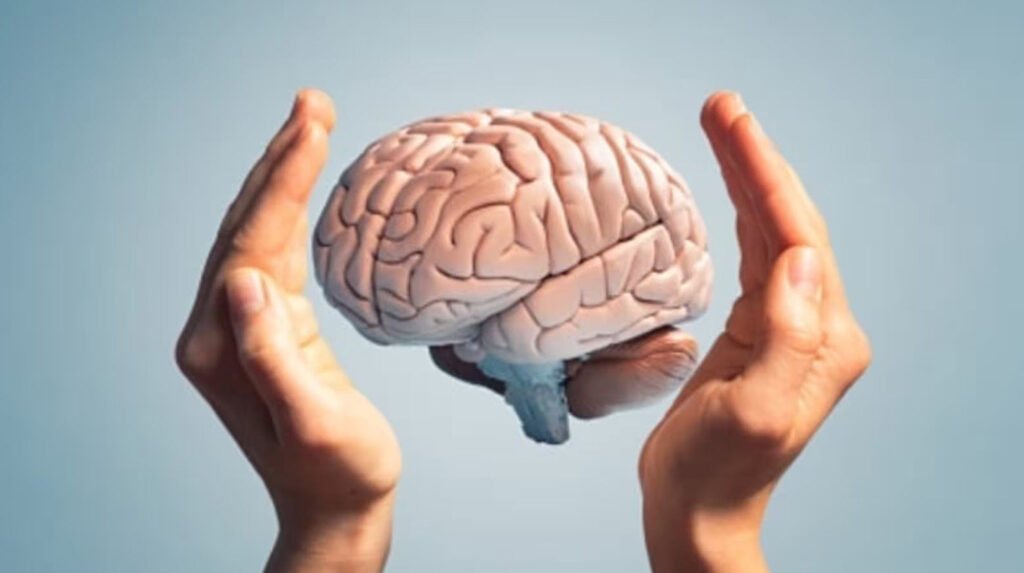
The human brain is a marvel of complexity and functionality, responsible for our thoughts, memories, and ability to interact with the world. However, it is not invulnerable, and there are several conditions that can affect cognitive health, leading to significant challenges and sometimes life-altering consequences. Understanding these conditions is crucial for early detection, prevention, and effective management.
In this article, we will explore seven common conditions that can affect the brain.
- Alzheimer’s Disease
- Parkinson’s Disease
- Dementia
- Mild Traumatic Brain Injury (Concussion)
- Anxiety
- Depression
- Stroke
1. Alzheimer’s Disease
Alzheimer’s disease is a devastating neurodegenerative disorder that affects millions of Americans, primarily those aged sixty-five and older. It is characterized by abnormal deposits of amyloid plaque and tangled bundles of tau fibers in the brain.
Symptoms can manifest years before becoming apparent, with memory loss, difficulty with everyday tasks, decreased judgment, and behavioral changes being common signs. Ongoing research is essential to better understand and combat this condition.
2. Parkinson’s Disease
Parkinson’s disease is the second most prevalent neurodegenerative disorder in the United States, impacting approximately 1.5 million people. The exact causes are still uncertain, but genetic factors and environmental influences like chemical exposure and head trauma may contribute.
It leads to muscle rigidity, tremors, and difficulties with physical movement. Other symptoms include posture problems, handwriting difficulties, and speech issues.
3. Dementia
Dementia is a broad term used to describe a significant decline in cognitive function that affects memory, rational thinking, and social aptitude. Alzheimer’s is the most common form of dementia, accounting for the majority of cases.
Dementia can also be linked to conditions like Parkinson’s. With an aging population, the prevalence of dementia is a growing concern, affecting approximately one in six women and one in ten men over the age of fifty-five.
4. Mild Traumatic Brain Injury (Concussion)
Mild traumatic brain injuries, commonly known as concussions, have gained increased attention, especially among athletes due to their prevalence in contact sports. These injuries occur when a person sustains a head blow and does not lose consciousness for an extended period.
Symptoms can be subtle, including memory loss, fatigue, headaches, visual impairment, and mood changes. Repeated concussions can lead to chronic traumatic encephalopathy (CTE), a degenerative brain disease observed predominantly in football players and military veterans.
5. Anxiety
Anxiety is the most common mental health issue in the United States, impacting a significant portion of the population annually. It is rooted in the brain, with overstimulation of neural pathways, particularly in areas like the amygdala.
Mental symptoms include feelings of worry, nervousness, restlessness, and unease, along with fatigue, irritability, muscle tension, and sleep problems. Effective treatment often involves a combination of therapy, medication, and lifestyle changes.
6. Depression
Like anxiety, depression has its origins in brain biology, although it is a more complex condition. Chemical imbalances can contribute to depression, but it is also influenced by factors such as genetics, work, sleep patterns, and prescription drugs.
Changes in brain regions like the hippocampus play a crucial role in depression. With over 17 million people in the U.S. experiencing at least one major depressive episode, it is a significant public health concern.
7. Stroke
Strokes can have severe neurodegenerative effects. They occur when blood flow to the brain is obstructed, leading to a lack of oxygen and nutrients to brain cells.
This can result in the rapid death of neurons, causing paralysis, speech difficulties, vision impairment, muscle weakness, memory loss, and impaired cognitive thinking. Nearly eight hundred thousand Americans suffer from strokes each year, with someone experiencing a stroke every forty seconds.
Understanding these seven common brain-affecting conditions is essential for early detection, intervention, and effective management. Ongoing research and public awareness are key to reducing the impact of these conditions and improving the quality of life for those affected. By proactively preventing and combating these conditions, we can work towards a healthier and happier brain.








